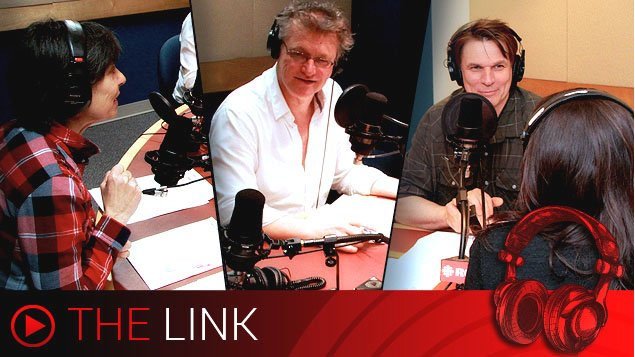Your hosts this week, Marc Montgomery and Wojtek Gwiazda
Listen
The terrible events in France this week initiated by the Islamic terrorist attack on the satirical magazine Charlie Hebdo have led many in the media and communications world wondering about the effect of this unusual direct attack against journalists, and political satire.
Marc Montgomery spoke to Marc-Francois Bernier PhD, is a professor in the Department of Communications at the University of Ottawa.
Canada’s Immigration Minister made a major announcement this week.

Chris Alexander says Canada will accept some 10-thousand Syrian refugees over the next three years.
The United Nations earlier appealed to countries around the world to come to the aid of the 100-thousand Syrians displaced by the fighting in their home country.
There are about 41,000 Syrian-Canadians, most of whom live in the large cities of Toronto and Montreal.
Carmel Kilkenny spoke Raja Khoury, co-founder of the Canadian Arab Institute.

The most common cancer diagnosis among women in Canada, as elsewhere in industrialized countries, is breast cancer.
Occupational health researchers say women who have no family background of breast cancer are being affected. They suspect there may be a connection to environmental factors associated with the workplace. There they may be exposed to some of the 217 chemicals known to elevate the risk and which are not banned in Canada
Wojtek spoke to occupational health researcher Jim Brophy, an adjunct professor at the University of Windsor in Ontario.







For reasons beyond our control, and for an undetermined period of time, our comment section is now closed. However, our social networks remain open to your contributions.